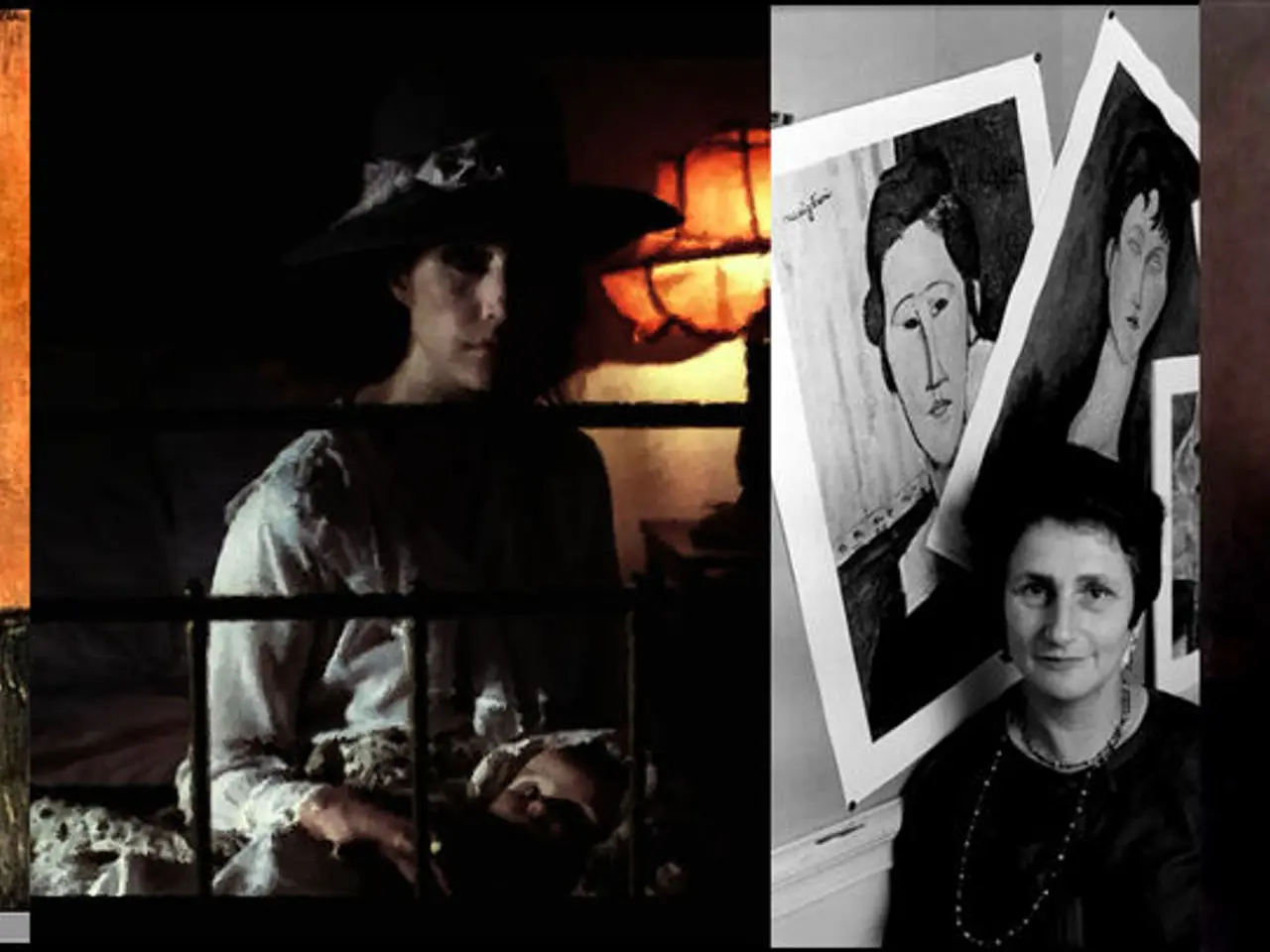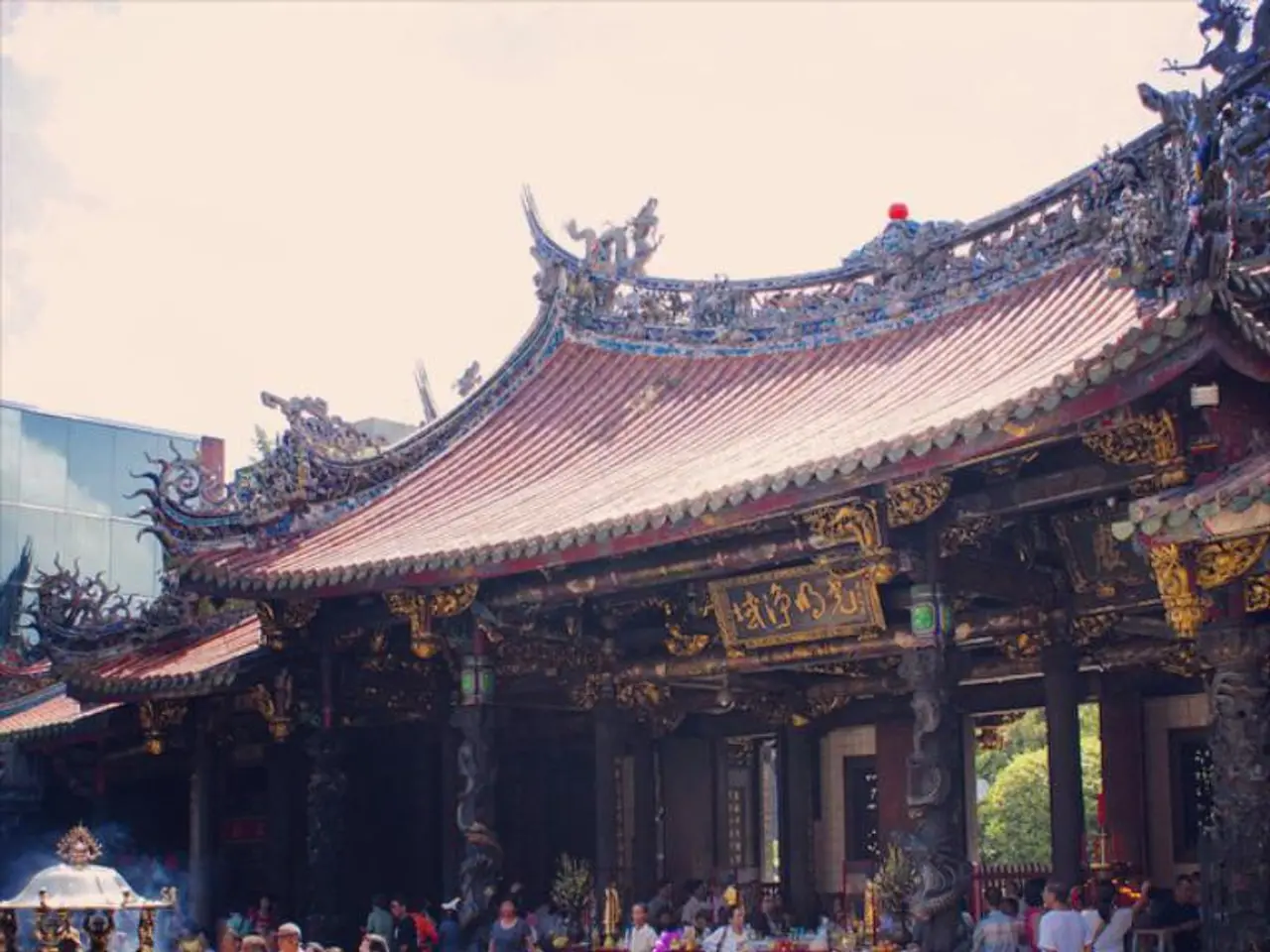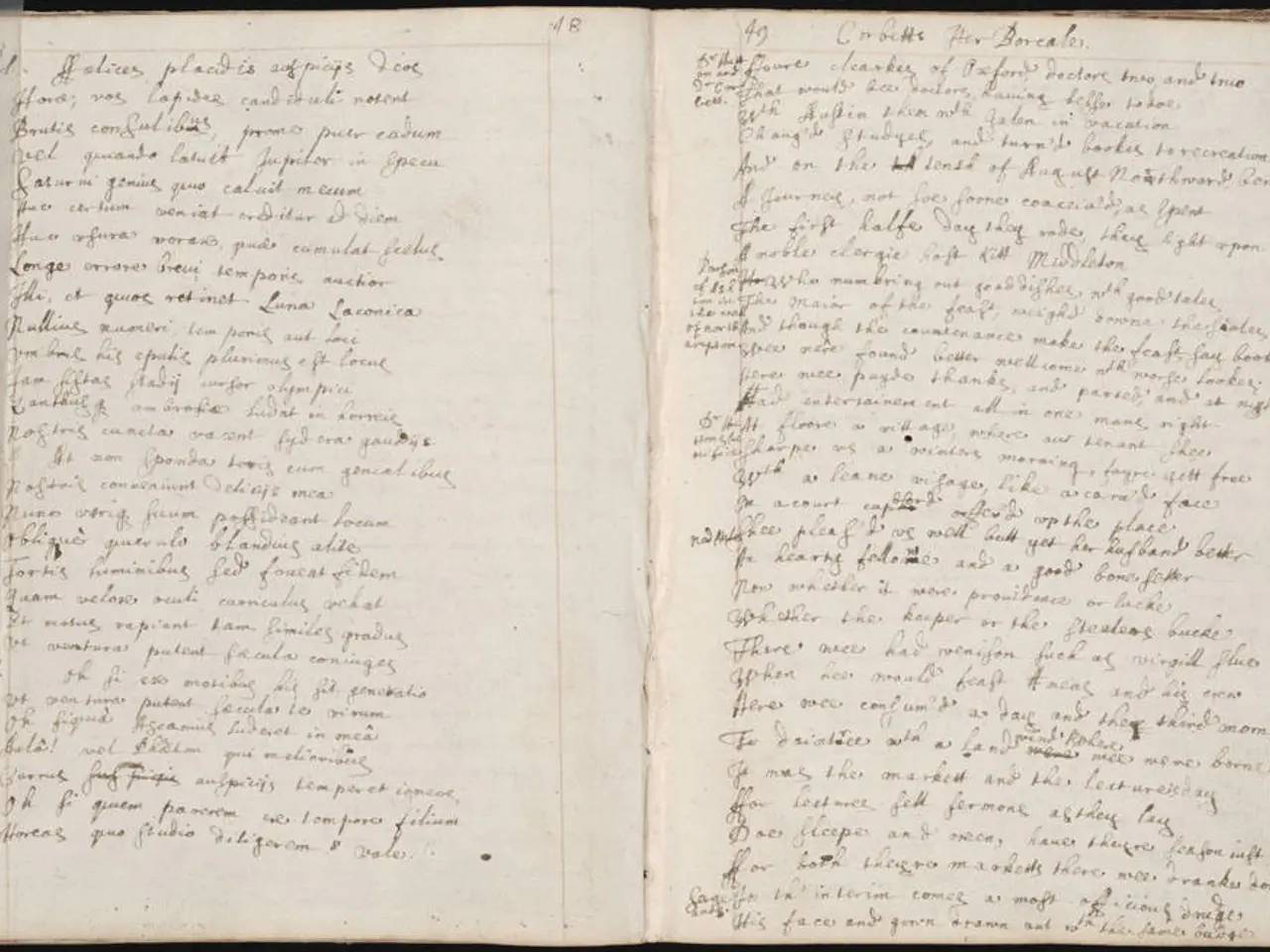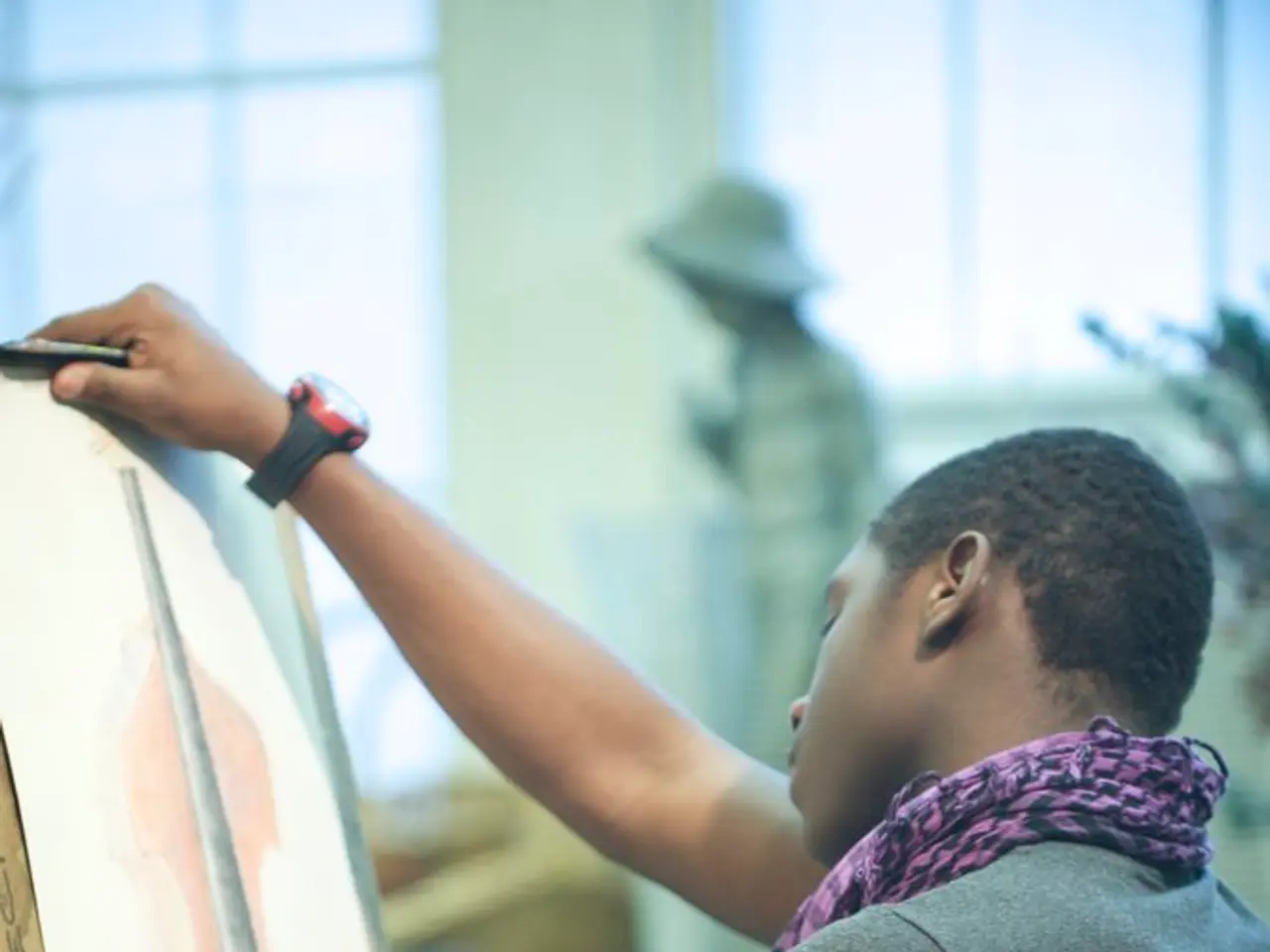Striking black-and-white photographs by Alick Phiri highlight the living conditions and aftermath of colonial rule in Zambia following independence.
In the heart of Lusaka, Zambia, the Everyday Lusaka gallery is currently hosting an exhibition that offers a poignant reflection of the city's past and honours the work of a remarkable photographer, Alick Phiri. Titled I'll Be Your Mirror, the exhibition showcases Phiri's captivating black-and-white photographs that encapsulate the emotions and people of Lusaka society during the 1970s and 80s.
Alick Phiri, a Zambian native, began his photography career after an apprenticeship under Mr. Prabhubhai Patel at Lusaka's Photo Art Studios. This mentorship proved crucial in guiding Phiri through the intricacies of photography and exposures.
Phiri's public debut in Lusaka happened through the I'll Be Your Mirror exhibition, and by 1983, he had launched his own studio, 'Kwacha Photo Studio', in Kanyama, Lusaka. His studio offered black-and-white photography services, as colour photography processing was not readily available in Lusaka during the 80s.
The exhibition, which runs until 9th August, 2025, also features a debut photobook by Phiri titled Lusaka Street. It reflects on Phiri's archive and that of South African photographer William Matlala, offering a comprehensive insight into the photographers' contributions.
The impact of colonialism and apartheid-era dynamics severely limited Black Zambians’ access to professional photographic equipment during the mid to late twentieth century. Systemic racial and economic restrictions, imposed by both the colonial regime and apartheid policies in Southern Africa, resulted in photographic technology and materials being largely inaccessible or unaffordable for Black communities.
Despite these challenges, Black Zambian photographers like Phiri had to overcome significant barriers. Phiri's career exemplifies how mentorship and apprenticeship under more established photographers became crucial pathways to learning and practicing photography despite equipment scarcity.
Phiri's photographs primarily capture people, and he had to get a deposit from them when photographing people on the street to ensure he could develop the film. His wife initially thought little of his photographs and considered them useless, but he preserved them in a photo album.
The broader apartheid context contributed to these limitations by enforcing systemic segregation and economic disenfranchisement. For instance, apartheid laws in neighbouring South Africa restricted Black people’s property ownership, access to passports, and control over economic resources, which in turn affected similar structures in the region, including Zambia. The cultural and media landscape was also segregated and controlled, limiting Black individuals' access to technology, education, and the arts.
However, the legacy of these photographers is now being recognised and celebrated. The I'll Be Your Mirror exhibition is a testament to this recognition, offering a moment of reflection on Lusaka's past and honouring the work of photographers like Alick Phiri.
The I'll Be Your Mirror exhibition showcases Alick Phiri's captivating black-and-white photographs, not only encapsulating the emotions and people of Lusaka society during the 1970s and 80s, but also featuring his debut photobook, Lusaka Street, which offers a comprehensive insight into Phiri's archive and the contributions of South African photographer William Matlala. Furthermore, the exhibition serves as a testament to the growing recognition and celebration of Black Zambian photographers like Phiri, who overcame significant barriers to make a mark in the realms of lifestyle, fashion-and-beauty, books, and entertainment.







